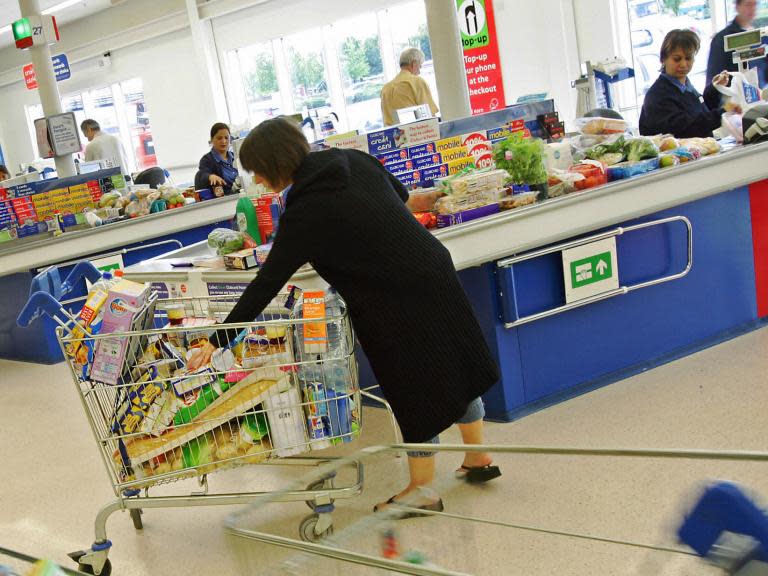Brexit-related price hikes see UK families spend billions more on everyday goods, new research finds
People in the UK are paying billions of pounds more for everyday goods because of Brexit-related price hikes, new research has found.
The fall in the value of the pound after the 2016 Leave vote means money spent by individuals and businesses on imported items does not stretch as far as it used to.
As a result, consumers and businesses have had to pay at least £15bn more for the same items, according to analysis by the People's Vote campaign.
Divided between the UK's 27 million households, it suggests the average household will have paid at least £550 more since 2016.
The group said the price of filter coffee has risen by 10 per cent, the cost of bananas has increased by the same amount and a glass of wine bought in a pub or restaurant has gone up by 8 per cent.
Combined with flat-lining wage growth, it suggests households are having to spend more for less.
Previous research by scientists at University College London (UCL) found that Brexit also resulted in the cost of energy bills increasing by an average of £75 a year.
The data on price rises applies only to products imported from outside the EU. Goods bought from European countries will also have risen in cost because of the fall in the value of the pound, meaning the real figure is likely to be much higher.
Companies appear to have borne the brunt of the price increases, with £4.4bn of the £15bn in additional costs having been spent on machine and transport equipment. A further £2.9bn more was spent on "mineral fuels, lubricants and related materials" and £924m went on "chemicals and related products".
The analysis is based on data published by the government last week. Ministers were forced to issue a hasty correction after it emerged that the figures
Liberal Democrat MP and People's Vote supporter Jo Swinson said: “The great Brexit squeeze is already leaving many families worse off and making it more difficult for British businesses to invest and compete.
“A Brexit elite might hope to profit from leaving the EU but for millions of people who are just about managing, leaving the EU offers no answers to the problems of everyday life.
“We now know that any Brexit deal will be a million miles away from what was promised in 2016, inflicting real costs on our country and resulting in years more negotiations and arguments."
She added: “It is neither fair nor reasonable to force a particular form of Brexit on the public without letting them decide whether or not we should go ahead.
“That’s because giving the public the final say is ultimately the only way to deliver a stable settlement that can command the confidence of both Parliament and the country.”

 Yahoo News
Yahoo News 

